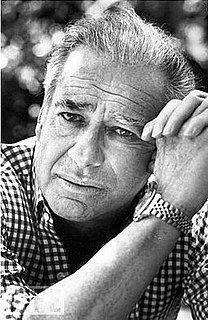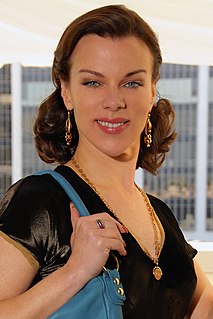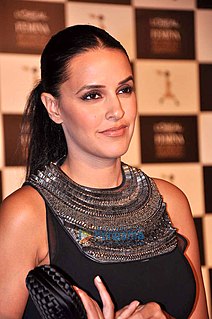A Quote by Wamiqa Gabbi
Every night, I sit with an assistant director and learn my dialogues.
Related Quotes
Every film you work on is different, and that's part of what it's like for anybody who works on a film, is to learn how to work with others. Learn from top to bottom. Actors have to learn how to work with the director and the director has to learn how to work with actors, and that's not just those two departments.
You learn so much about yourself as an artist. I never would have thought that I could sing every night, you know? Travel and perform every single night, and travel to another city the next day and do it all over again? You learn a lot of new things about yourself, and you make a lot of connections with people.
I proceeded to prove everybody right as to how bad an economics student I was by failing as an assistant manager in every theatre I went to that hired me, both as an assistant manager and as an actor. I lost money and tickets, and I couldn't keep track of anything. So eventually they fired me from assistant-manager jobs, but kept me on as an actor.

































